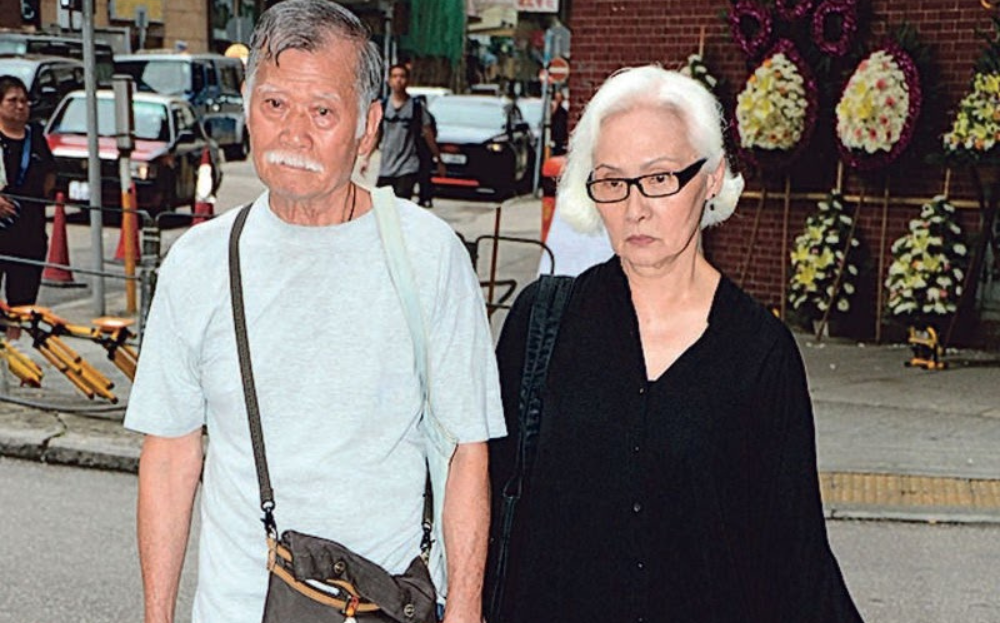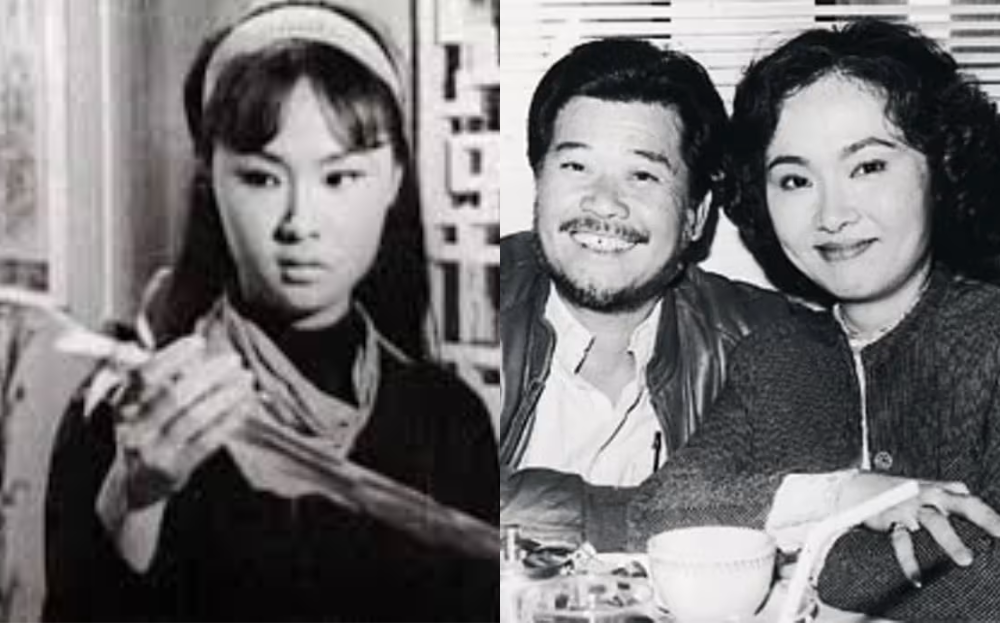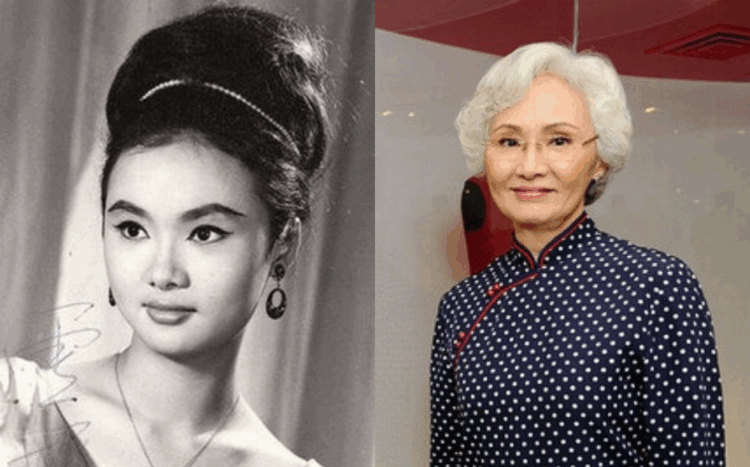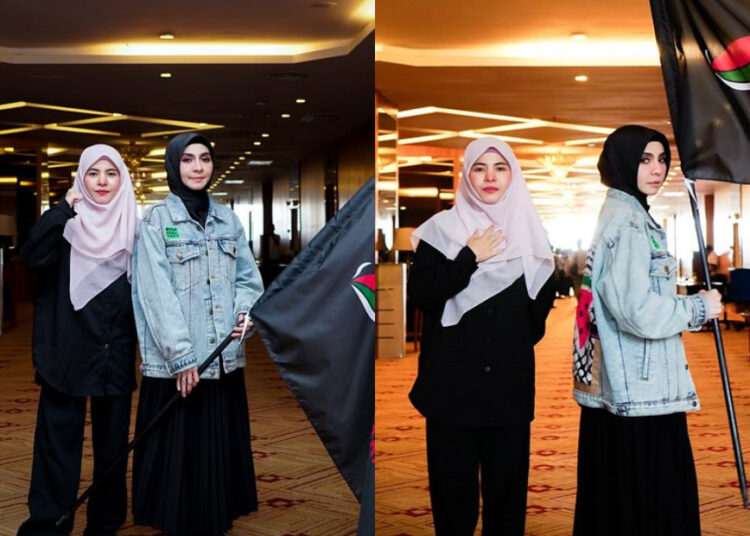Hong Kong mourns the loss of two legendary figures in the entertainment industry. Last month, on 23rd June (Monday), the iconic martial artist Tong Gai (Tang Chia, 唐佳) passed away. Sadly, just a week later, on the 3rd July (Thursday), his wife Hung Suet Nay (熊雪妮) died after a long battle with cancer.
Their passing marks the end of an era for Hong Kong’s martial arts and film community. Together, they built a lasting legacy through countless classic films and unwavering devotion. Fans remember them not only for their talent but also for their inspiring love story spanning decades. Their influence continues to shape the industry and inspire new generations.

Li Chao-chun (李超純), better known as Suet Nay (雪妮), gained fame for her roles in martial arts and Cantonese opera films. She starred in classics such as “The Female Black Heroine Mulan Hua (女黑俠木蘭花)” and “The Blue-Eyed Demoness (碧眼魔女)”. Shortly after marrying Tong Gai, she moved to Canada. However, in 1997, she returned to Hong Kong to resume her acting career.
According to reports, Suet Nay’s health had been deteriorating for years. She struggled with genetic hearing loss, often calling her husband her “personal hearing aid.” She also endured long-term treatment for pancreatic cancer. These hardships reportedly took a toll on Tong Gai and at one point, he confided to their son that he wished to “leave with her.”

Although Tong Gai’s death was alleged as a suicide, no note was found. Their marriage was cherished in Hong Kong and often regarded as one of show business’s most loving unions. Suet Nay had called him her bodyguard, manager, and assistant. She admitted to being bold and sometimes argumentative, but Tong Gai always gave in with quiet patience.
Now, perhaps, they can rest peacefully together—free from illness, pain, and parting. Their story remains a rare portrait of enduring love in the entertainment world. We extend our deepest condolences to their family and friends. Their bond and legacy will live on through the timeless classics that shaped Hong Kong’s golden age of martial arts cinema.
Source: 8days
Zaima Humaira contributed to this article







